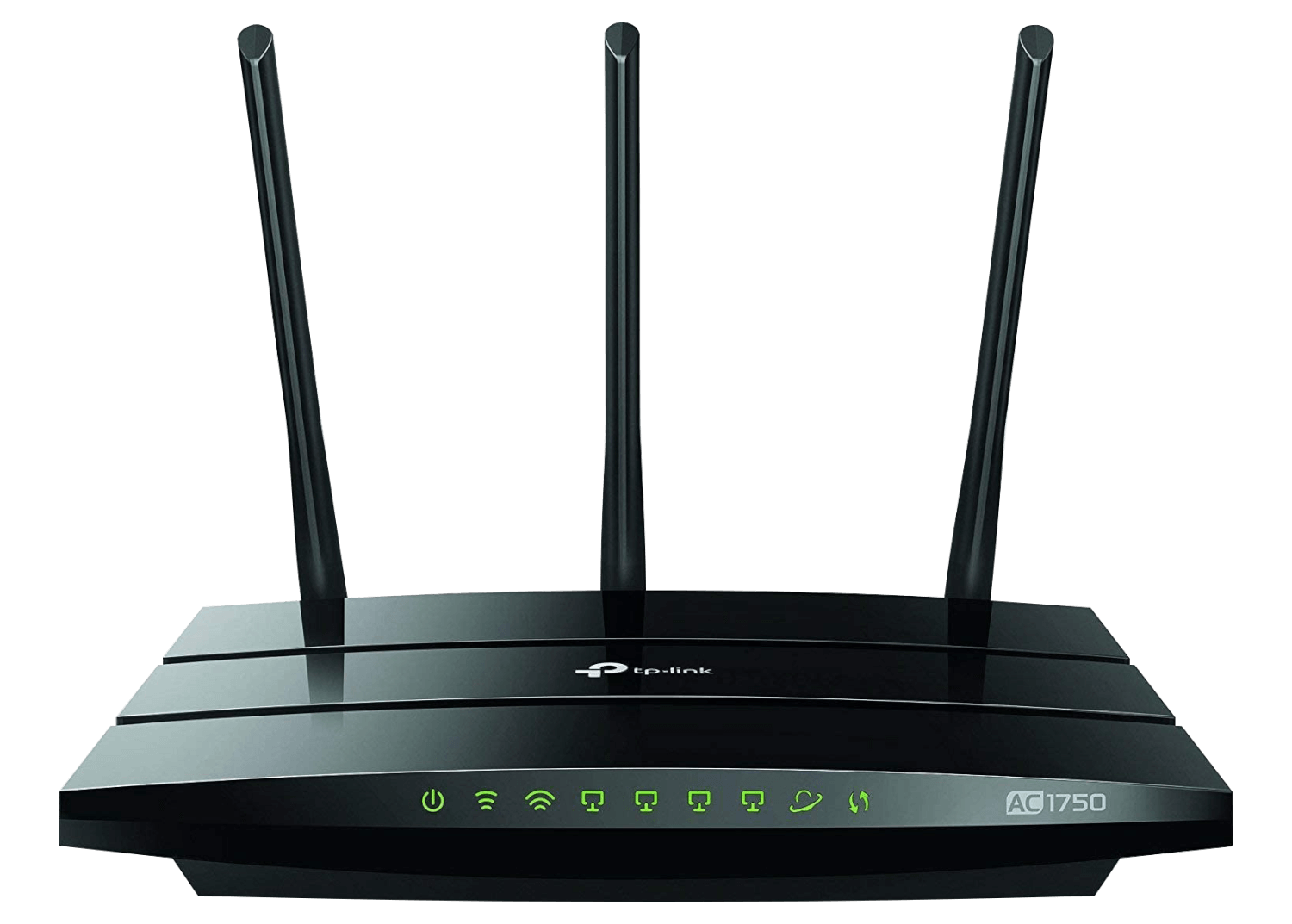Base Station
A base station is a fixed wireless device that serves as a hub for other wireless devices and provides a bridge to another network. In a computer networking context, a base station broadcasts a wireless signal that allows other devices to join a local network. However, the term is also commonly used in the telecommunications industry to refer to cellular towers, wireless landline telephone docks, and other radio transceivers.
A Wi-Fi base station, also known as an access point, is a central piece of infrastructure in a Wi-Fi network. Every wireless device first connects to the base station, which allows them to communicate with other devices on that network. A base station also provides a bridged connection to another network, like an Ethernet-wired LAN or the Internet. Some base stations include multiple Ethernet ports that allow them to also serve as a router for a wired network, while others only provide a bridge and single Ethernet port to connect to another router. Mesh Wi-Fi networks use a central base station that wirelessly communicates with smaller satellite access points to deliver wireless networking over a larger area than a single access point can cover.
The use of the term "base station" to describe any Wi-Fi router or access point is no longer as common as it once was. Most home networking equipment instead uses "access point" to refer to wireless bridges and "Wi-Fi router" to refer to access points with routing features. "Wi-Fi base station" is now generally used to refer to large-scale, enterprise-level wireless networking infrastructure designed to provide coverage for workplaces and public spaces.

 Test Your Knowledge
Test Your Knowledge